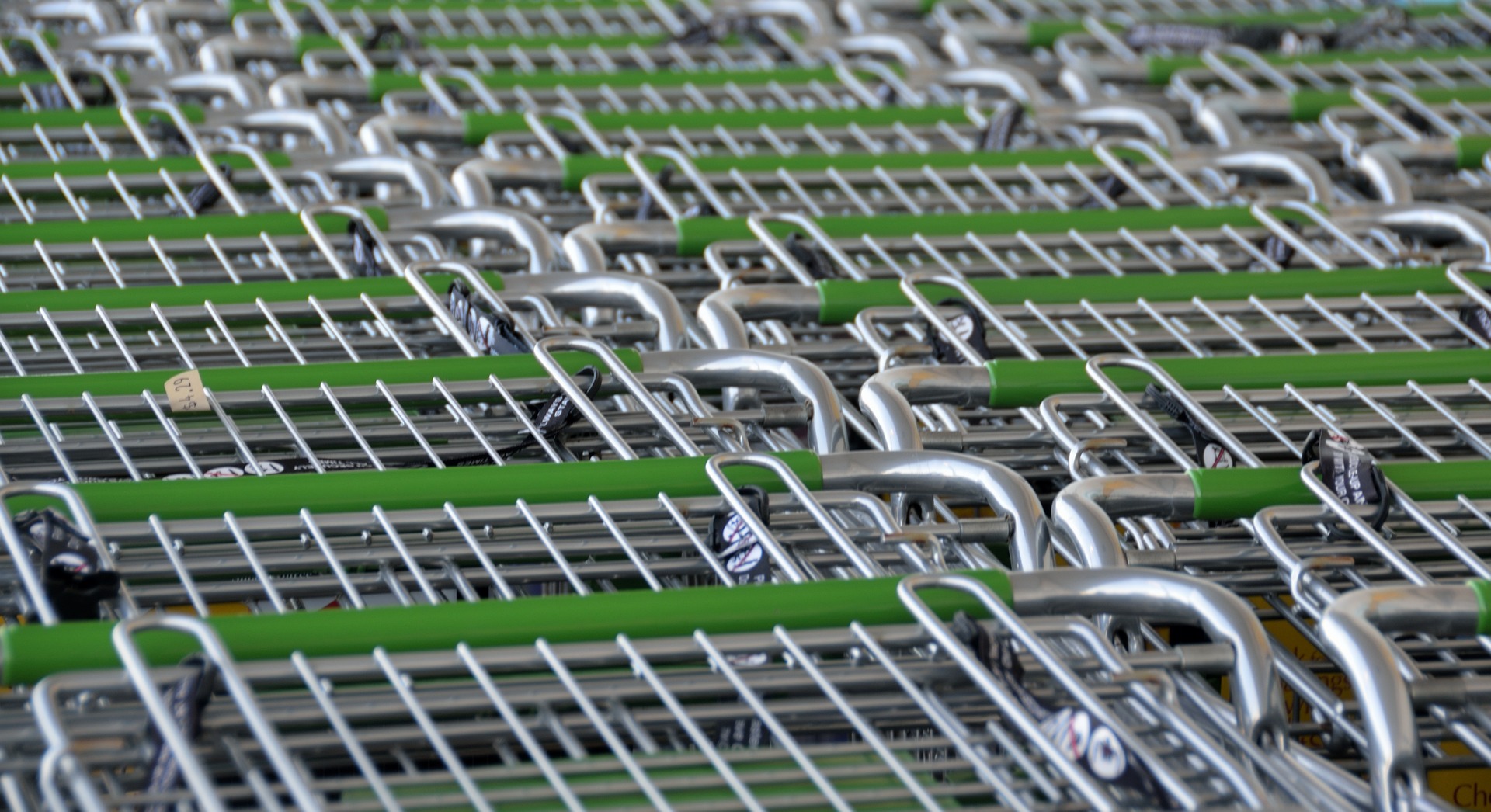The Competition and Markets Authority (CMA) has said its ongoing review of Britain’s supermarket loyalty schemes so far indicates that the regulator is unlikely to identify widespread evidence that they have been misleading customers.
In January, the UK competition watchdog launched a review into loyalty pricing memberships offered by supermarkets to consider whether there are pricing practices that indicate that the non-loyalty prices may have been artificially inflated to make the loyalty price appear more attractive.
Loyalty schemes, such as Tesco Clubcard and Nectar, routinely offer shoppers with discounted prices on everyday items.
Critics have argued that many of the discounts are artificial, and that the lower prices marketed as exclusive to members are equivalent to the products’ prices at rival supermarkets, with the schemes mostly being used to track consumer spending habits.
But on Friday the CMA said that it hasn’t found evidence supermarkets are misleading shoppers in this way.
However, the review is ongoing, with the authority planning to publish a report of its findings in November next year.
The British Retail Consortium welcomed the CMA's update.
"Whether it’s everyday value, or loyalty schemes discounts, retailers know they have to demonstrate clear value to attract and retain customers," said Helen Dickinson, chief executive of the British Retail Consortium (BRC.)
The CMA also said that it had not find evidence that groceries inflation is being driven by weak competition between retailers.
The comments come after the organisation's last report in July 2023 found that the price of food and some other groceries in the UK had risen sharply in the period since the Covid-19 pandemic.
To understand whether competition was playing a role in this, the CMA requested further information from the major supermarkets, discounts, and other retailers.
“We welcome the CMA update, which once again shows that supermarkets are doing their best to provide great value groceries for their customers," continued Dickinson. "With food inflation now returned to normal levels, fierce competition between retailers is ensuring customers are the big winners from the UK’s supermarket sector."
Latest News
-
Tesco on track to open 70 express stores including at former Amazon Fresh sites
-
Wayfair introduces flexible payment options for Canadian and UK customers
-
Tim Hortons and Burger King operator rolls out forecasting tech in southern Europe
-
Morrisons deploys real-time engagement platform in stores to boost personalised promotions
-
Frasers Group acquires majority stake in Italian sports retailer Maxi Sport
-
Lidl invests £29m in latest pay increase
Beyond Channels: Redefining retail with Unified Commerce
This Retail Systems fireside chat with Nikki Baird, Vice President, Strategy & Product at Aptos will explore how unified commerce strategies enable retailers to tear down these barriers and unlock new levels of operational agility and customer satisfaction.
The future of self-checkout: Building a system that works for consumers and retailers
In this webinar, industry leaders discussed what the future of self-checkout looks like and how retailers can make the technology work for everyone.
© 2024 Perspective Publishing Privacy & Cookies










Recent Stories